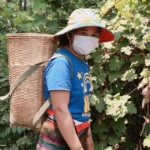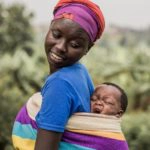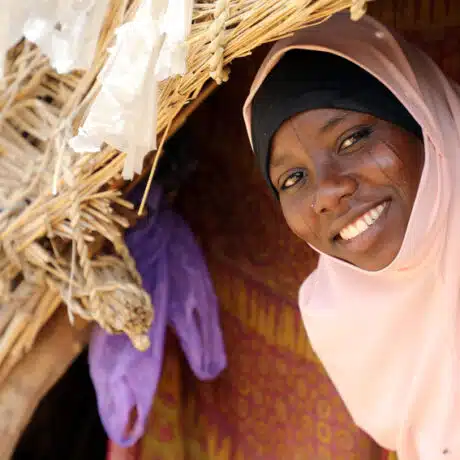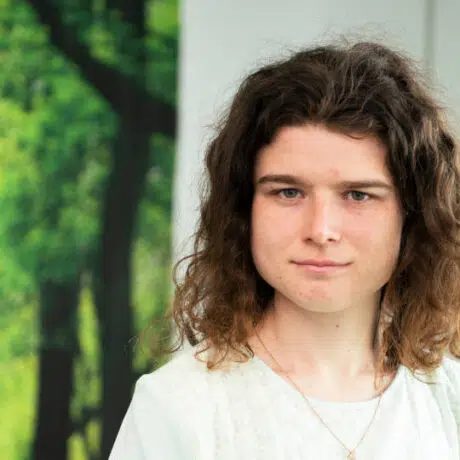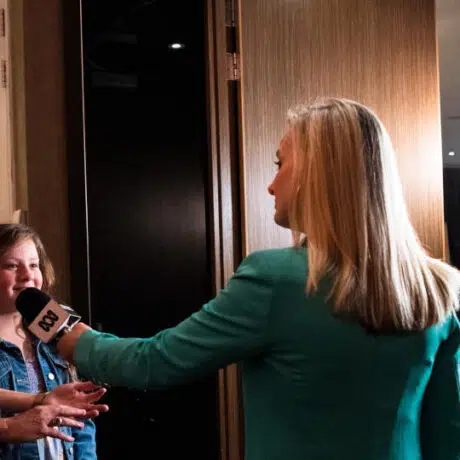News and Stories - Girls Rights - 11 December 2020
Ending Female Genital Mutilation

Thanks to your generosity during our end of financial year appeal, we were able to raise more than $236,000!
Your support has a huge impact, allowing us to continue our work around protecting girls from female genital mutilation (FGM), and helping them to feel safe and in charge of their own bodies and futures
Right now, approximately 200 million girls around the globe are already living with the traumatising and painful consequences of FGM and 4.6 million more are expected to be subjected to it by 2030.
And worse still, while school closures and isolation have been necessary to halt the spread of COVID-19, these safety measures have the potential to inadvertently cause an additional 2 million cases of FGM by 2030 according to UNFPA.
That’s why we’re working to end the practice and bring about lasting change in communities around the world. And you’re helping us.
Thanks to your generosity, Plan International is able to support girls and their communities to end FGM by:
- Working with girls and women to make sure they’re aware of the harmful effects of FGM. This not only empowers them to make choices, it also educates the women who carry out the procedure. And because men and boys tend to have greater power and influence in cultures that practice FGM, we also work with them to change their attitudes.
- Increasing legal protection. Part of our work involves engaging with governments and community leaders to encourage them to enact change in laws around FGM that protect young women.
- Supporting survivors. Those who have been through FGM often need help and support, so we work with local health workers and the wider community to provide psychological and medical support to survivors.
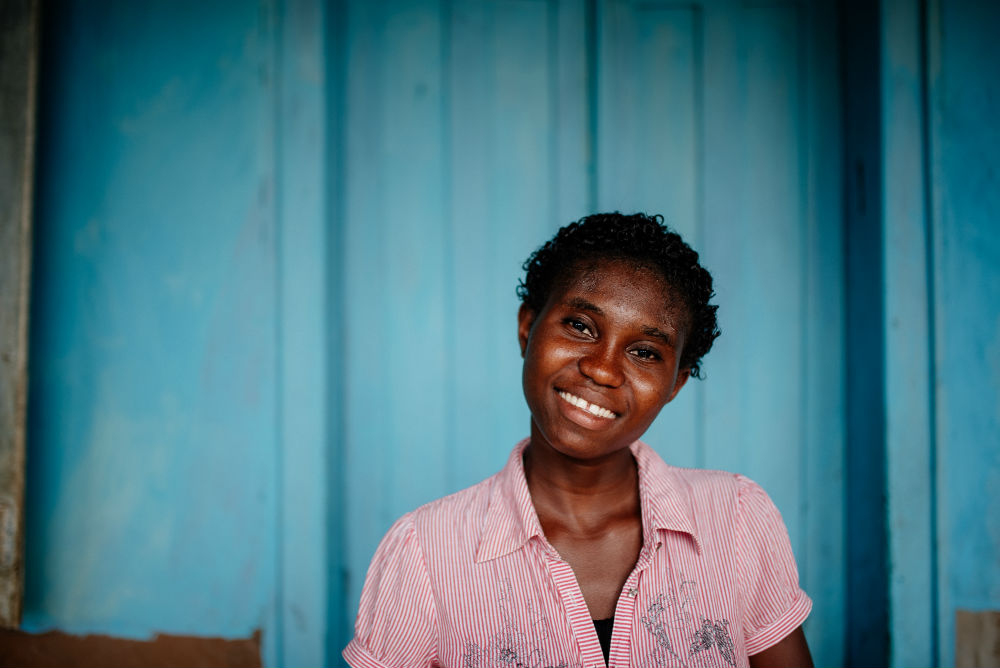
Zainab was 13 when she joined a Plan International supported anti-FGM club, and what she learned there changed the course of both her, and her mother’s life.
“For many of us, our parents did not attend school,” explains Zainab, “so they did not know about the dangers of FGM. My mother for example, became a Sowei (the decision makers within Bondo society) when she was very young so she did not have the chance to get an education, and she did not know that FGM was a bad thing to do”
A widow and sole breadwinner, Zainab’s mother Kadiatu had supported her family for more than 20 years through her work as an FGM practitioner. That is, until her own daughter refused to be cut.
Since joining the anti-FGM club, Zainab has gone from being a member, to the leader, and she assists the facilitator Madam Neneh in arranging educational talks and workshops for children and parents alike.
“Now, we know the negative effects of FGM and we are working hard to help raise awareness of what these are.” Explains Zainab. “Madam Neneh reaches out to the adults, and my friends and I reach out to our peers and the younger children so that they are also informed.”
“We tell them about the child rights act and that children and young people have the right to express their point of view and take part in decision making. That way, they know that if they are not comfortable with what their parents tell them about the Bondo society, then they are allowed to say so and they do not have to be part of it.”
And through her daughter’s activism, Kadiatu has become something of an advocate herself, leaving her career as an FGM practitioner behind.
“Before Plan International came here, and before I met Madam Neneh – who is like our mentor here in this community – I thought it was good to do the cutting. So that is why I did it.” Says Kadiatu. “Because in those days, our parents were not educated and that is what they told us. But now we know it has nothing to do with that. It has no benefit to human life.”
“I am really happy that Zainab is an activist. I would have liked to be able to speak out like Zainab does when I was her age because my initiation affected my whole life. It is what stopped me being able to further my education. But, even though I didn’t go to school, at my own level now, I am also campaigning against FGM. I am doing my best to help.”

